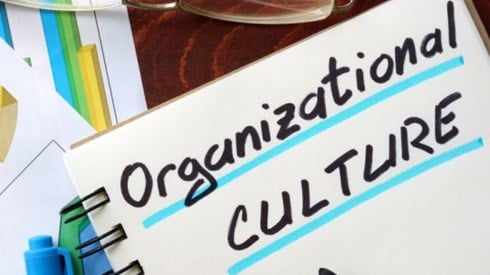Ignoring Culture Is Not an Option in M&A Transactions

October 05, 2018

Mercer's mergers and acquisitions (M&A) readiness research report, titled Mitigating Culture Risk to Drive Deal Value, found that 43 percent of M&A transactions worldwide experienced such serious culture issues that deals were delayed or terminated or purchase prices were negatively impacted. In addition, 67 percent experienced delayed synergy realization due to culture issues. The research features survey and interview responses from more than 1,400 M&A professionals based in 54 countries who collectively have worked on more than 4,000 deals in the past 36 months on both the buying and selling sides.
"If the global deal-making community intends to drive economic value for shareholders in M&A transactions, our research is crystal clear; culture matters," said Jeff Cox, Mercer's global M&A transaction services leader. "When looking to transform the workforce for the future of a newly formed organization, simply ignoring culture is not an option."
Additional findings from Mercer's report included the following.
- 61 percent of respondents selected "how leaders behave, not just what they say" as the number one driver of organizational culture.
- "Governance and decision-making process" (53 percent) and "communication style and transparency" (46 percent) also ranked highly.
- Deal makers also said that 30 percent of deals fail to ever achieve financial targets, due to such culturally related issues as productivity loss, flight of key talent, and customer disruption.
The report also extensively examined some of the varying attitudes and opinions of respondents based on role, industry, demographic, and geography. For example, human resources professionals rate "collaboration" (69 percent) and "empowerment" (64 percent) as the most important components of culture, while executives rate "governance/decision-making process" (60 percent) as the most important.
While alerting the global deal community to the culture risks endemic to M&A transactions, the report also offers definitive action steps as to how to best mitigate culture risk, including a three-step plan.
- Clearly articulate deal objectives and risks
- Insist on confirmatory cultural diligence
- Prioritize culture, especially post-signing through first 100 days
"Deal makers can mitigate M&A risk and drive deal value by putting culture at the center of business transformation," said Mr. Cox. "Culture is a firm's operating environment. It defines an organization, allows effective change of business strategy, and can provide a platform to attract and engage the right talent."
October 05, 2018




